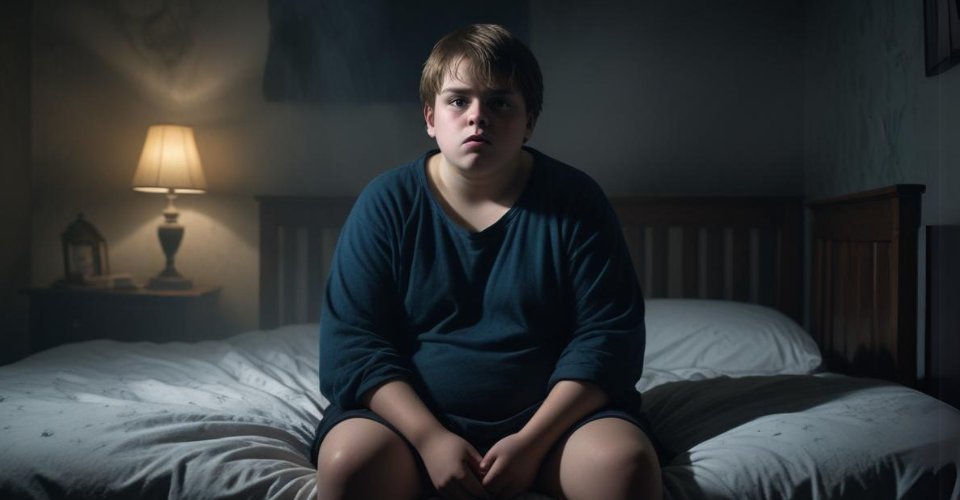The Oregon Health Authority (OHA) has declared that it is once again in compliance with the 2002 “Mink Order,” a significant legal directive that mandates easy mental health admissions to the state’s psychiatric hospital within a week.
This order, established by a federal judge over twenty years ago, aims to ensure timely treatment for individuals who are considered mentally unfit to defend themselves in court.
Historically, the hospital adhered to this requirement; however, a surge in the number of “aid and assist” patients led to a gradual increase in wait times, stretching to almost a month by 2019.
This concerning trend prompted advocates to bring the matter back to court, compelling U.S. District Judge Michael Mosman to issue a subsequent order last year.
This new order demanded that the hospital address the issue by implementing measures to release patients early, thereby mitigating the prolonged wait times.
New Order Regarding Easy Mental Health Admissions
The decision to release patients early, a solution devised by an external expert and supported by the state, has been met with controversy.
Local officials have expressed concerns, indicating that they lack the necessary facilities and resources to adequately treat or accommodate discharged patients.
Tragically, some of these individuals end up returning to jail, illustrating the complex challenges that surround the issue.
The Mink Order holds immense significance for individuals grappling with mental health issues, particularly those who are deemed unfit to engage in legal proceedings. Its intention is to facilitate swift access to treatment and support, recognizing the vulnerability of this population.
The recent struggles faced by the Oregon State Hospital, overseen by the OHA, highlight the delicate balance between timely care and the resources needed to provide comprehensive assistance.
The issue has gained renewed attention due to the recent developments surrounding the hospital’s adherence to the Mink Order.
The authorities at the OHA assert that they have successfully restored compliance with the one-week admission requirement.
This news comes as a relief to advocates and individuals concerned about mental health rights, as the prompt admission to appropriate care significantly contributes to the overall well-being of those in need.
However, the path to achieving compliance once again has not been without challenges. The influx of “aid and assist” patients, individuals who require mental health support during legal proceedings, has strained the capacity of the hospital.
This surge, along with limited resources, led to the initial breach of the one-week admission standard.
The subsequent order by U.S. District Judge Michael Mosman, aimed at reducing wait times by releasing patients early, sought to address this issue. While the intent was to alleviate the burden on the hospital and prevent prolonged stays for individuals, the consequences of early releases have stirred controversy.
Local authorities are grappling with the aftermath, struggling to provide appropriate care and resources to the discharged patients, some of whom return to the criminal justice system.
The complex interplay between legal mandates, mental health care capacity, and community resources underscores the broader challenges facing mental health support systems.
The Oregon State Hospital’s efforts to regain compliance with the Mink Order exemplify the intricacies involved in providing timely and effective care for individuals experiencing mental health crises.
As this situation unfolds, it brings to light the ongoing need for collaboration between mental health professionals, legal entities, and community resources.
Addressing the mental health crisis necessitates a comprehensive approach that ensures timely treatment, proper resources, and appropriate support networks.
The journey toward striking this balance continues as stakeholders strive to uphold the rights and well-being of individuals grappling with mental health challenges.





















